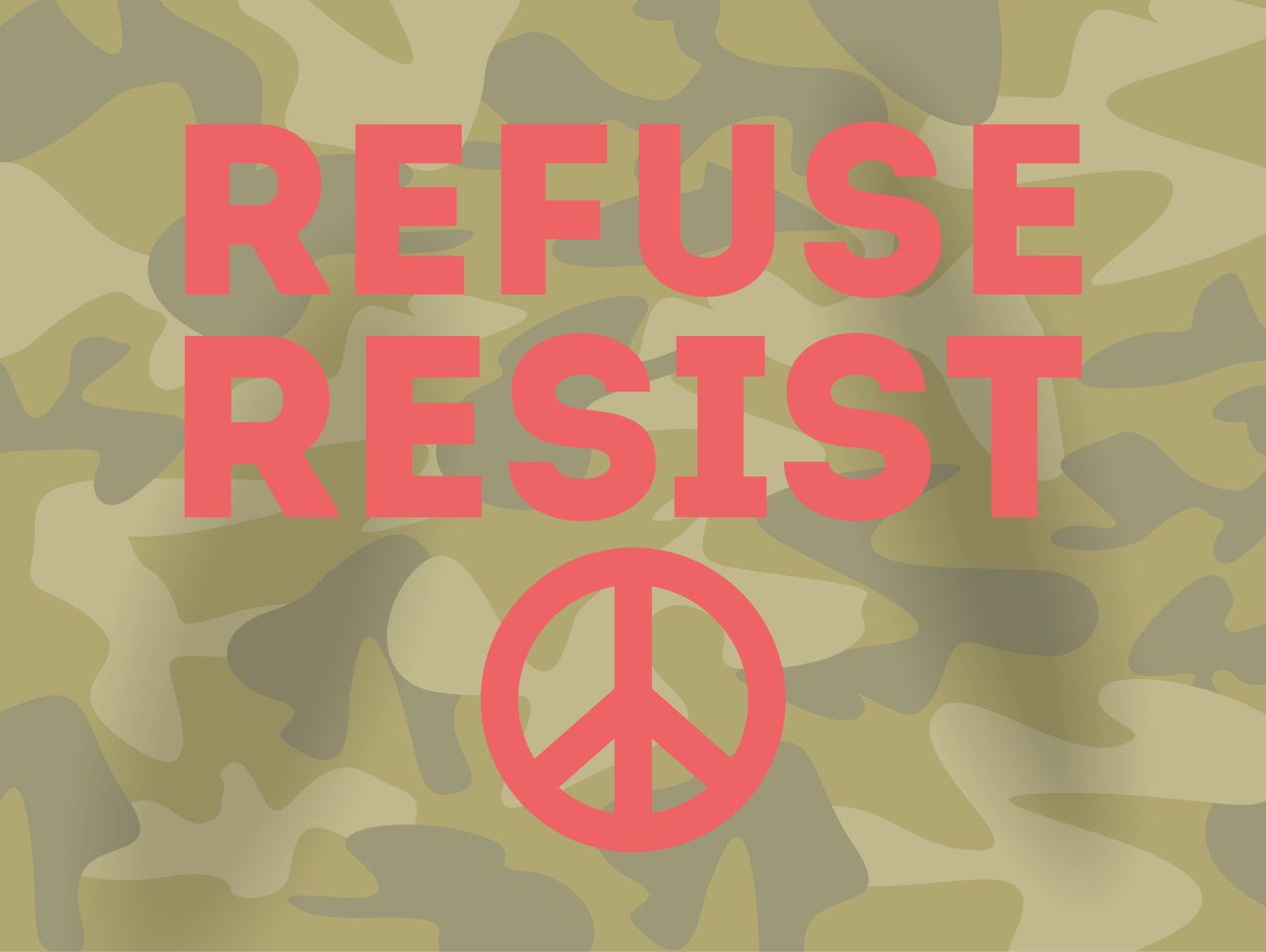Court recognizes 1st conscientious objector on ethical grounds
By Choi Si-youngPublished : Feb. 25, 2021 - 14:58

Conscientious objectors in South Korea will now be able to perform alternative service instead of reserve forces training if they demonstrate personal beliefs in nonviolence, South Korea’s Supreme Court ruled Thursday.
South Korea, which conscripts all able-bodied men for about two years to maintain defense readiness against North Korea and requires reserve forces training for eight years after they are discharged, introduced the program in October to honor a court ruling.
The Constitutional Court ruled in 2018 that the country had to stop penalizing men who refused conscription because of their religious faith or their personal beliefs in nonviolence.
But Thursday’s decision was the first to address reserve forces training in a case where the grounds for conscientious objection were ethical, not religious. A month earlier, the Supreme Court ruled that religious faith was grounds for the program.
The objector in Thursday’s Supreme Court ruling, who said his family had persuaded him to enlist in the military despite his belief about nonviolence, said he was refusing the annual training because he could no longer turn a blind eye to his conscience.
Previously, the lower courts sided with the objector, who said living with domestic violence and watching footage of civilian attacks by the US armed forces had solidified his commitment. The prosecution had dismissed his claims, saying he enjoyed video games that featured shooting.
“Those video games have fictional characters who don’t bleed to death,” the Supreme Court said, describing the objector’s belief as “deeply rooted and truthful.” The objector said he had quit playing the games long ago.
The ruling comes a day after a reservist seeking to perform alternative service instead of reserve forces training received approval from a 29-member government committee comprising lawyers and rights experts.
His grounds too were ethical and not religious, based on a belief in nonviolence, and the case was the first of its kind. The same day, another objector invoking similar ethical grounds succeeded in avoiding conscription and entered the alternative service program, also for the first time.
Participants in the alternative service program work at correctional institutions for three years as full-time employees, living in groups near their assigned facilities and taking on day-to-day responsibilities such as maintenance. They are paid the same wages as conscripts, and like conscripts they get vacations and leave.
By Choi Si-young (siyoungchoi@heraldcorp.com)
South Korea, which conscripts all able-bodied men for about two years to maintain defense readiness against North Korea and requires reserve forces training for eight years after they are discharged, introduced the program in October to honor a court ruling.
The Constitutional Court ruled in 2018 that the country had to stop penalizing men who refused conscription because of their religious faith or their personal beliefs in nonviolence.
But Thursday’s decision was the first to address reserve forces training in a case where the grounds for conscientious objection were ethical, not religious. A month earlier, the Supreme Court ruled that religious faith was grounds for the program.
The objector in Thursday’s Supreme Court ruling, who said his family had persuaded him to enlist in the military despite his belief about nonviolence, said he was refusing the annual training because he could no longer turn a blind eye to his conscience.
Previously, the lower courts sided with the objector, who said living with domestic violence and watching footage of civilian attacks by the US armed forces had solidified his commitment. The prosecution had dismissed his claims, saying he enjoyed video games that featured shooting.
“Those video games have fictional characters who don’t bleed to death,” the Supreme Court said, describing the objector’s belief as “deeply rooted and truthful.” The objector said he had quit playing the games long ago.
The ruling comes a day after a reservist seeking to perform alternative service instead of reserve forces training received approval from a 29-member government committee comprising lawyers and rights experts.
His grounds too were ethical and not religious, based on a belief in nonviolence, and the case was the first of its kind. The same day, another objector invoking similar ethical grounds succeeded in avoiding conscription and entered the alternative service program, also for the first time.
Participants in the alternative service program work at correctional institutions for three years as full-time employees, living in groups near their assigned facilities and taking on day-to-day responsibilities such as maintenance. They are paid the same wages as conscripts, and like conscripts they get vacations and leave.
By Choi Si-young (siyoungchoi@heraldcorp.com)





![[From the Scene] Monks, Buddhists hail return of remains of Buddhas](http://res.heraldm.com/phpwas/restmb_idxmake.php?idx=644&simg=/content/image/2024/04/19/20240419050617_0.jpg&u=20240419175937)




![[Graphic News] French bulldog most popular breed in US, Maltese most popular in Korea](http://res.heraldm.com/phpwas/restmb_idxmake.php?idx=644&simg=/content/image/2024/04/18/20240418050864_0.gif&u=)




![[From the Scene] Monks, Buddhists hail return of remains of Buddhas](http://res.heraldm.com/phpwas/restmb_idxmake.php?idx=652&simg=/content/image/2024/04/19/20240419050617_0.jpg&u=20240419175937)

![[KH Explains] Hyundai's full hybrid edge to pay off amid slow transition to pure EVs](http://res.heraldm.com/phpwas/restmb_idxmake.php?idx=652&simg=/content/image/2024/04/18/20240418050645_0.jpg&u=20240419100350)

![[Today’s K-pop] Illit drops debut single remix](http://res.heraldm.com/phpwas/restmb_idxmake.php?idx=642&simg=/content/image/2024/04/19/20240419050612_0.jpg&u=)